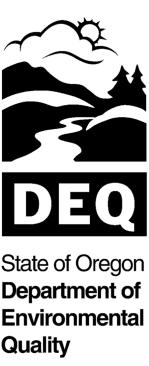The Oregon Department of Environmental Quality is working with Portland State University’s Community Environmental Services to conduct a five-part study on wasted food generation in the State of Oregon. The main research objectives for this study are:
- Understand the informational, psychological, socio-economic, and structural drivers that contribute to the generation of preventable wasted food;
- Collect reliable data on wasted edible food, including loss reasons and reporting biases; and
- Provide the state, cities, counties, and consumer-facing businesses, such as grocery retailers and restaurants, with basic methods of establishing their own wasted food baselines and assessing shifts in waste prevention behaviors or levels of awareness.
Task One (Qualitative Interview) Results:
The first part of this larger effort is a qualitative study, consisting of open- ended interviews with thirty-two Oregon residents. This qualitative study was conducted at the start of the broader study in order to inform later tasks.
Summary of findings:
The following findings illuminate key themes that are applicable to the larger topic of wasted food and related behaviors in households. While the findings cannot be generalized across all of Oregon’s residents, they represent major categories of beliefs, values, attitudes and behaviors are relevant throughout a substantial part of the state’s population. Subsequent research is exploring these themes in more detail.
Note that the term “food waste generation” in this report includes food that was discarded to trash, down the drain, fed to animals, and organics recycling such as composting or anaerobic digestion.


